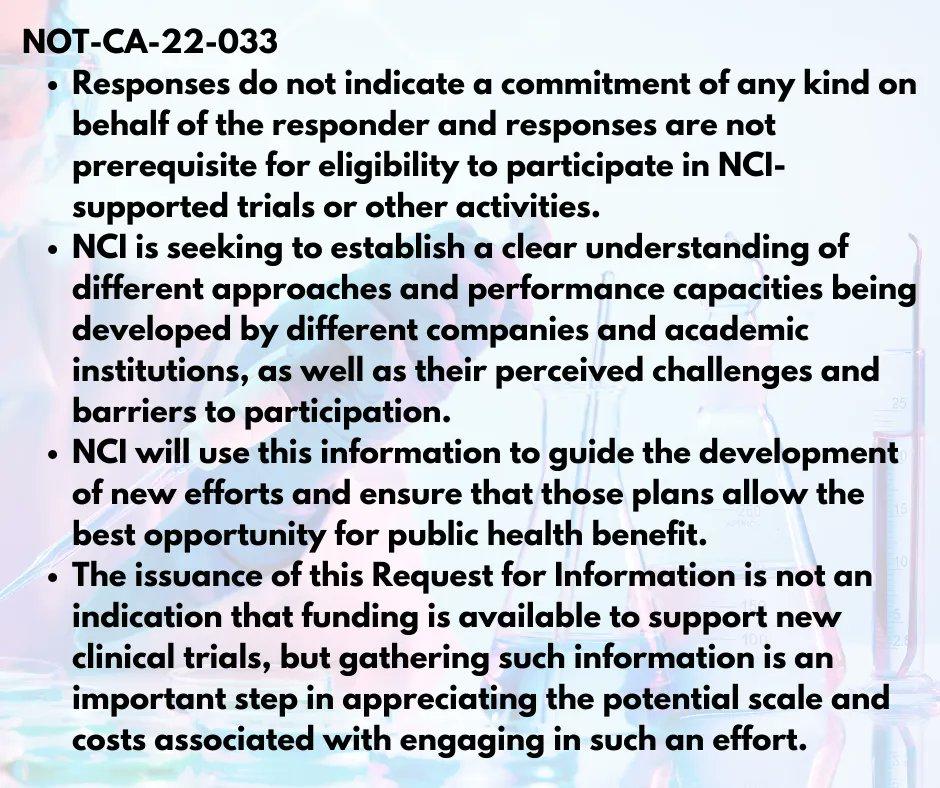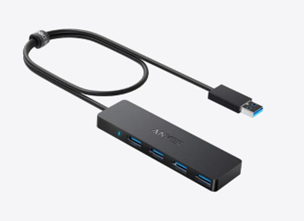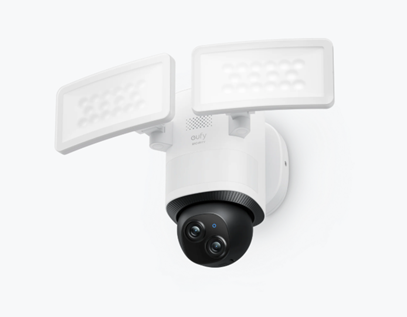Through this Notice of Request for Information (RFI), the National Cancer Institute (NCI) is soliciting input from developers about Multi-Cancer Early Detection (MCED) liquid biopsy tests and about their interest in participating in an NCI-sponsored clinical utility platform randomized controlled screening trial.
Background
In the era of precision medicine, it is desirable to have access to non-invasive or minimally invasive effective screening methods to determine the presence of a cancer at its earliest possible stage of progression when available treatments are likely to be most effective. When cancer is detected at an early stage, the 5-year survival is >80%, while detection at a late stage reduces survival to <25%.
Currently, cancer screening programs in the United States exist only in a few organ sites, including breast, cervix, colon, lung (in high-risk individuals) and prostate (on an individual basis). Consequently, over 340,000 (>56%) of the cancer deaths projected for 2021 will occur in tissue sites for which there are no proven screening modalities. Cancer is relatively uncommon at each of these sites, and the clinical follow-up of a screen positive result may be invasive, and thus it is more difficult to justify site-specific screening as potential harms may significantly outweigh any benefits that might exist.
Liquid biopsies have recently been shown to effectively detect multiple components of a growing cancer, such as circulating tumor cells, circulating tumor DNA (ctDNA), circulating exosomes and other analytes in body fluids, including blood plasma, urine, saliva, sputum, etc., and offer an opportunity for a paradigm shift from the early detection of one cancer type at a time to the simultaneous detection of multiple cancers using a single blood draw. Multi-Cancer Early Detection (MCED) test development is possible through the analysis of ctDNA and other cancer-associated analytes by leveraging high throughput “omic” technologies, such as whole genome or methylome NextGen Sequencing, combined with machine learning and/or logistic regression algorithms to determine the likelihood of whether a cancer is present and its likely tissue of origin (TOO). Such assays could complement existing screening approaches to increase the absolute number of cancers detected across most types. Most importantly, MCED tests will justify the cost of population screening if they could achieve a clinically meaningful reduction in incidence of advanced stage cancer, especially for the unusually lethal, yet uncommon cancers such as those of the pancreas, liver, and ovary, and thereby also increase the benefit-to-harms ratio. This could lead to a clinically relevant increase in the 5-year survival rates, improved treatment efficacy and quality of life, and most importantly, a significant reduction in cancer-related mortality. MCED-screening might also help narrow the disparities gap in cancer clinical care by increasing the participation rate with available cancer screening programs through improvement in access to screening of underserved and socioeconomically vulnerable populations.
The current standard of care for early cancer detection is screening of asymptomatic individuals for a single cancer type at a time and follow up of a positive screen with an organ-specific approach for diagnostic resolution. To date, cancer screening has been broadly implemented based upon demonstration of clinical benefit of an organ-specific cancer detection modality (mammography, imaging, colonoscopy, cervical Pap-smear, etc). An emerging paradigm shift appears to be underway to screen for multiple cancers simultaneously with a single MCED test. However, using an MCED test poses many uncertainties, including questions as to what additional diagnostic workup is necessary and feasible following a positive test to confirm the presence of a cancer; what types of cancers are detected by an MCED test and at what stages; what patient populations will derive a net benefit from MCED screening; and whether MCED tests can be successfully implemented in real-world practice. There is also concern about possible harms from MCED screening, including morbidity and anxiety from un
necessary medical procedures resulting from false positive test results and overdiagnosed cancers, as well as from the diagnostic process required to identify the TOO.The gold standard for demonstrating the clinical utility and benefit of an MCED test is a randomized controlled clinical trial (RCT) that demonstrates a reduction in cancer specific mortality, with a potential interim endpoint being an absolute reduction in incidence of advanced stage cancers.
NCI is in the process of planning a multi-arm, multi-stage, pivotal RCT of MCED-based screening with the following goals:
Each MCED test will be evaluated in a separate screening arm that will include routine, U.S. Preventive Services Task Force-recommended “standard of care” cancer screenings, such as those for breast, cervical, and colorectal cancer, against a common control arm with “standard of care” cancer screenings only.

The primary trial outcome has yet to be determined, although the reduction in mortality at preselected cancer sites and reduction in advanced stage cancer incidence could be considered, based on input from experts in the healthcare community. Additional outcomes to be considered could be the assessment of harms, such as false positive tests resulting in unnecessary diagnostic procedures, and false negative tests resulting in false reassurance and missed early cancer diagnoses so that the population benefits-to-harms ratio of each test can be assessed. Additional study goals could be to examine whether an MCED test can effectively enhance the clinical performance of current cancer screening tests, by increasing clinical sensitivity for early-stage cancers, or by reducing false-positivity that often plagues current modalities such as mammography.
Information Requested
The purpose of this RFI is to assess the availability and suitability of developed MCED tests for their potential inclusion in an NCI-sponsored clinical utility RCT, and to determine the interest and willingness of MCED assay developers to participate in such a trial.
The NCI seeks information on as many of the topics listed below for which information is available. If any of the requested information is available on a website or in a publication(s), please provide appropriate links/citations.
How to Submit a Response
Responses to this RFI must be submitted electronically to NCIMCED@nih.gov
Responses will be accepted through March 01, 2022.
Responses are entirely voluntary. No proprietary, classified, confidential, or sensitive information should be included in your response. Responses should be limited to one to two page(s). Please include the Notice number (NOT-CA-22-033) in the subject line. All individual responses will remain confidential. Any identifiers (e.g., names, institutions, e-mail addresses, etc.) will be removed when responses are compiled. Only the processed, anonymized results will be shared internally with NIH staff members and any member of scientific working groups convened by the NCI, as appropriate. The NIH will use the information submitted in response to this RFI at its discretion. The Government reserves the right to use any submitted information in reports, in summaries of the state of the science, in any possible resultant solicitation(s), grant(s), or cooperative agreement(s), or in the development of future funding opportunity announcements.
Every respondent will receive an automated e-mail confirmation acknowledging receipt of a successfully submitted response.
This RFI is for information and planning purposes only and should not be construed as a solicitation or as an obligation on the part of the Federal Government, the National Institutes of Health (NIH), and/or the NCI to provide support for any ideas identified in response to it. The Government will not pay for the preparation of any information submitted or for the Government’s use of such information. No basis for claims against the U.S. Government shall arise as a result of a response to this RFI or from the Government’s use of such information.
NIH looks forward to your input and we hope that you will share this RFI document with your colleagues.




